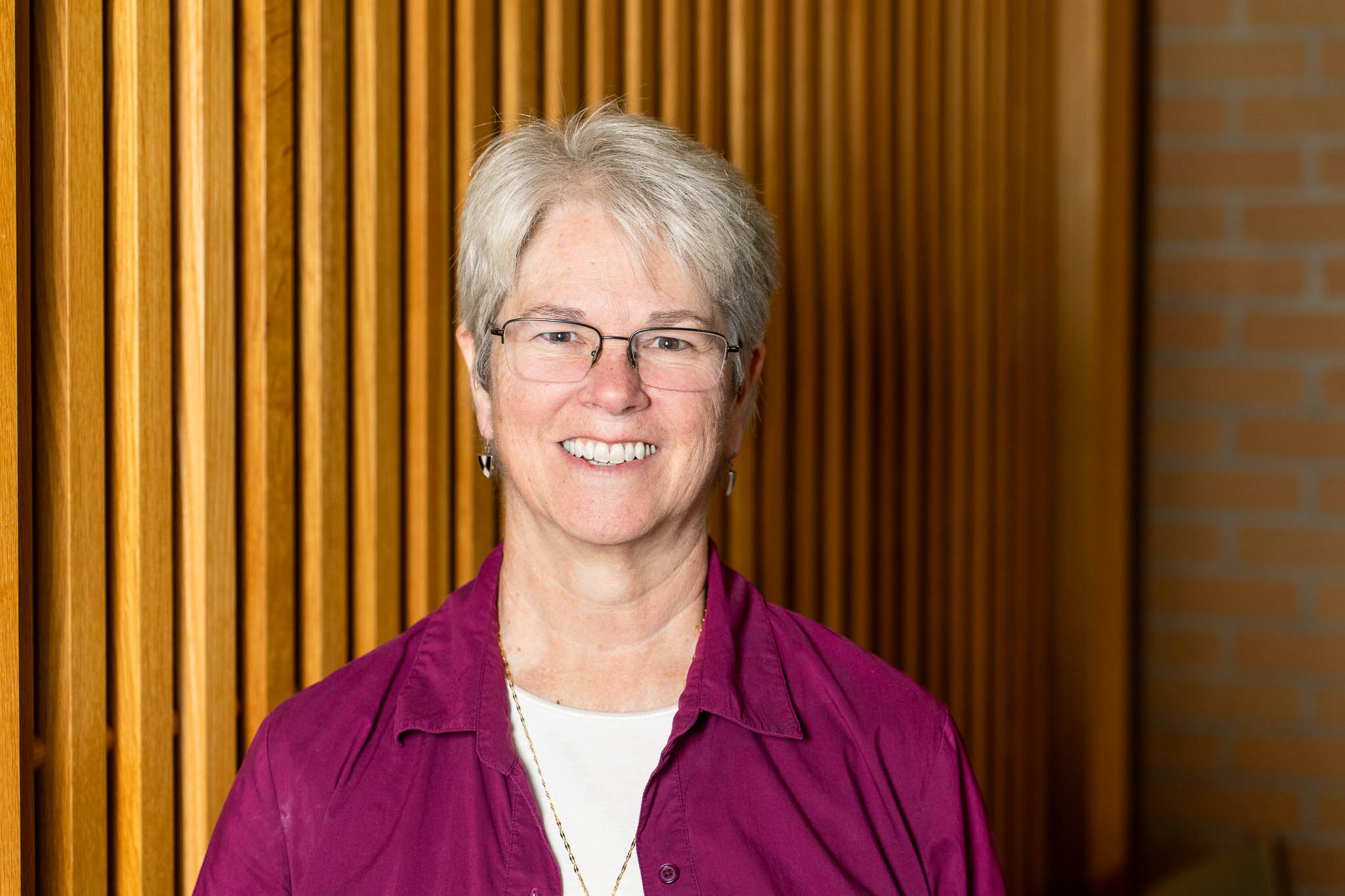
by: Megan McElroy, OP
“Hold the center. Be a non-anxious presence.” These were words on a zoom call I was on this week that I needed to hear.
Since the peaceful transfer of power in our Presidency here in the United States, these last couple of weeks have been anything but peaceful. Every day there are multiple events creating chaos, questions, and concerns which have left me feeling like I’m drinking from the same firehose from which we all drank in the early days, weeks, and months of the Covid-19 pandemic in 2020. Where are we to begin? What are we to do? How are we to respond?
To hold the center, to be a non-anxious presence was a reminder to those of us on the call – leaders of congregations of women religious – of who we are called to be.
“Don’t react. Rather, respond from a place grounded in prayer and contemplation, rooted in the gospel of Jesus Christ.”
This was similar advice that came from my own Sisters in assisted living shortly after the election in November. We’ve been down this road before, so take a moment to be shocked, and then get on with the work that we have always been about – the mission of Jesus Christ.
I’m aware that what is happening here in the United States is also impacting what happens around the world, for no matter how much we try to isolate ourselves (whether in our own hearts, homes, offices, churches, cities, or countries), there is no denying our actions or inactions touch the lived reality of others in small and big ways here and around the world.
Megan McElroy, OP
The letter to the Hebrews was written to a community of believers who also knew difficult times only too well and were experiencing discouragement. They were ready to return to their old ways before their conversion to the way of Jesus Christ. But the writer of the letter reminded the community to “hold the center.” In the writer’s words, “Through Jesus, continually offer to God a sacrifice of praise.” In other words, be grounded in prayer, be centered in Jesus. And then, the writer goes on, “do not forget to do good and to share with others.” It all sounds so easy: pray, do good, and share with others.
Earlier in this chapter of Hebrews, we learn what doing good looks like: “Let mutual affection continue. Do not neglect to show hospitality to strangers. Remember those in prison, those who are being tortured. Let marriage be held in honor by all. Keep your lives free from the love of money. Be content with what you have. Be confident in God who will not forsake you. Do not be carried away by all kinds of strange teachings.”
We need to pray because doing this kind of good is not easy. It calls for vulnerability, openness, humility, kindness, generosity, faithfulness, and wisdom.
Such goodness is as poignant and pertinent today as it was when first written. It echoes the Beatitudes and the parable of the sheep and the goats in Matthew 25. We who are believers today may be exhausted and want to take a break from all that’s going on around us. But now is the time to lay claim to our discipleship and to embrace it more ardently than ever before, for faith shapes who we are and how we show up in the world.
We are to take time to be grounded and renewed in God’s love absolutely. And then, we get to work doing the good to which we are called. What’s happening today is diabolical, it is not good in any way, shape, or form, and we cannot let it defeat us. Instead, we hold the center. We cling to our belief in the God who created us in God’s own image and likeness; and we place our faith in Jesus who conquered sin and death and was raised from the dead and calls us to follow him; and we trust that the power of the Holy Spirit given to us will equip us with everything good to do God’s mission to bring healing and hope to the world.
Through Jesus, let us continually offer to God a sacrifice of praise—the fruit of lips that openly profess his name. And do not forget to do good and to share with others, for with such sacrifices God is pleased.
Hebrews 13:15

